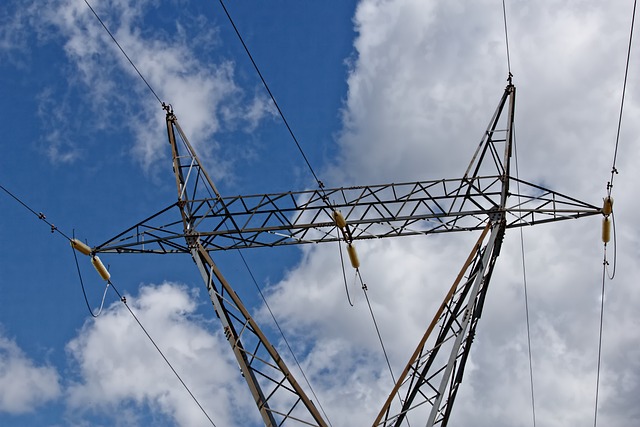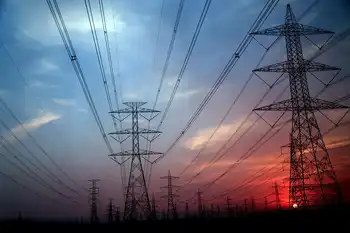Energy Official Seeks Smart Meters
MILTON, Ontario -- - The Commissioner of Alternative Energy in Ontario wants to see new smart hydro meters in every Ontario home, but he will have a rough time selling local hydro officials on the idea.
Steve Gilchrist told a press conference in Milton that the new interval meters could be mandatory in all new homes across the province in a matter of weeks. And he's not ruling out the idea of making them mandatory in existing homes as well.
The meters would tell homeowners how much energy they use and when they use it. At between $300 and $400 each, they cost up to 10 times as much as traditional meters.
The idea is that homeowners armed with that information would change their behaviour and shift their energy demand to off-peak hours.
But Ron Charie, chief executive officer of Kitchener Wilmot Hydro, and Rene Gatien, chief executive of Waterloo North Hydro, say the plan is premature and doomed to fail.
They say that without incentives, people have no reason to change their ways.
The province capped the rates at 4.3 cents per kilowatt hour after the public protested skyrocketing rates when hydro was deregulated last May.
"They would be useful if you had a sport market where prices fluctuated, but now we have the same price all day every day," Gatien said. "So what's the point."
In addition to the expense of the individual meters, the hydro utilities would be saddled with the expense of new computer systems that could record all of the information gathered by the meters. Those expenses would likely be passed on to consumers.
But Gilchrist believes there is a strong case for installing the smart meters.
During the press conference yesterday, Milton and Oakville hydro utilities announced they'd be the first in Ontario to make installation of the meters mandatory in all new homes.
Gilchrist said that energy consumption dropped by 14 per cent after the meters were installed on a trial basis in a limited number of Milton homes.
But that experiment occurred during the time when homeowners were forced to pay the fluctuating rate.
To achieve those savings, people would change their habits. That might include doing dishes after 10 p.m., doing their laundry on the weekend and keeping their homes a little cooler in the winter and warmer in the summer at times when no one is home.
Gilchrist said that even though the rates are capped at 4.3 cents per kilowatt hour, homeowners have the right to opt out of that so they can pay the market price and hopefully save money by shifting their energy demand to off-peak hours.
The province is also considering offering incentives for people to change their ways.
Both Charie and Gatien said the meters could make sense in the future when technological advances have lowered the price and if there are incentives for people to conserve or change their behaviour, but both agree they don't make sense now.
The metering system was developed by OZZ Corp. of Mississauga.
Related News

B.C. Challenges Alberta's Electricity Export Restrictions
CALGARY - In a move that underscores the complexities of Canada's interprovincial energy relationships, the government of British Columbia (B.C.) has formally expressed concerns over recent electricity restrictions imposed by Alberta. These restrictions, which limit the export of electricity from Alberta to neighboring provinces, have significant implications for energy sharing, economic cooperation, and the broader Canadian energy landscape.
Background: Alberta's Electricity Restrictions
Alberta, traditionally reliant on coal and natural gas for electricity generation, has been undergoing a transition towards more sustainable energy sources. However, the pace and nature of this transition have led to challenges in meeting both domestic demand…




